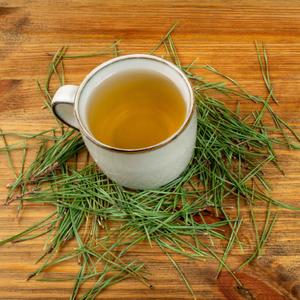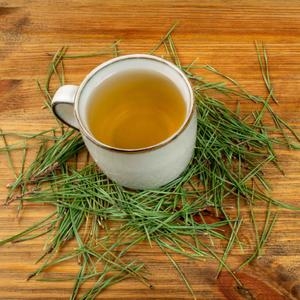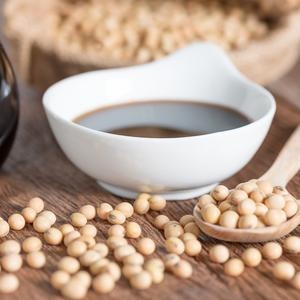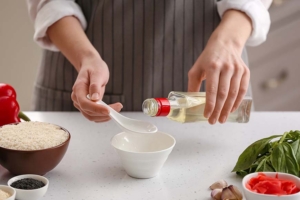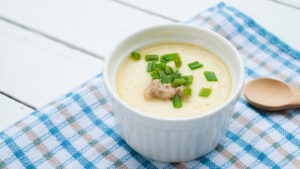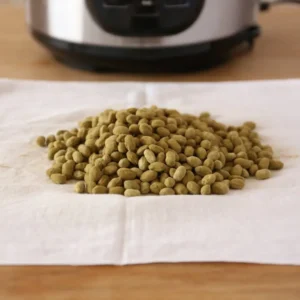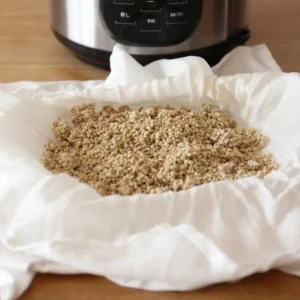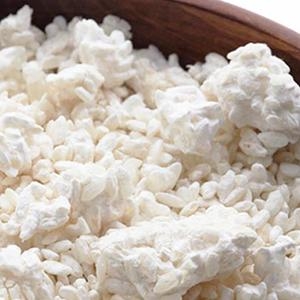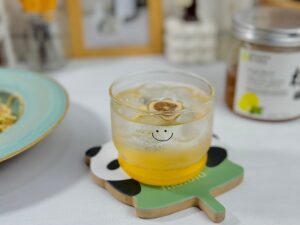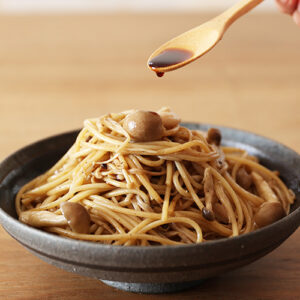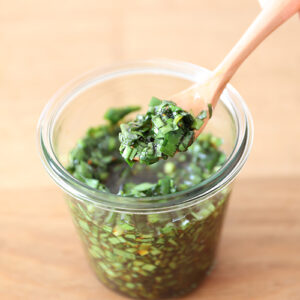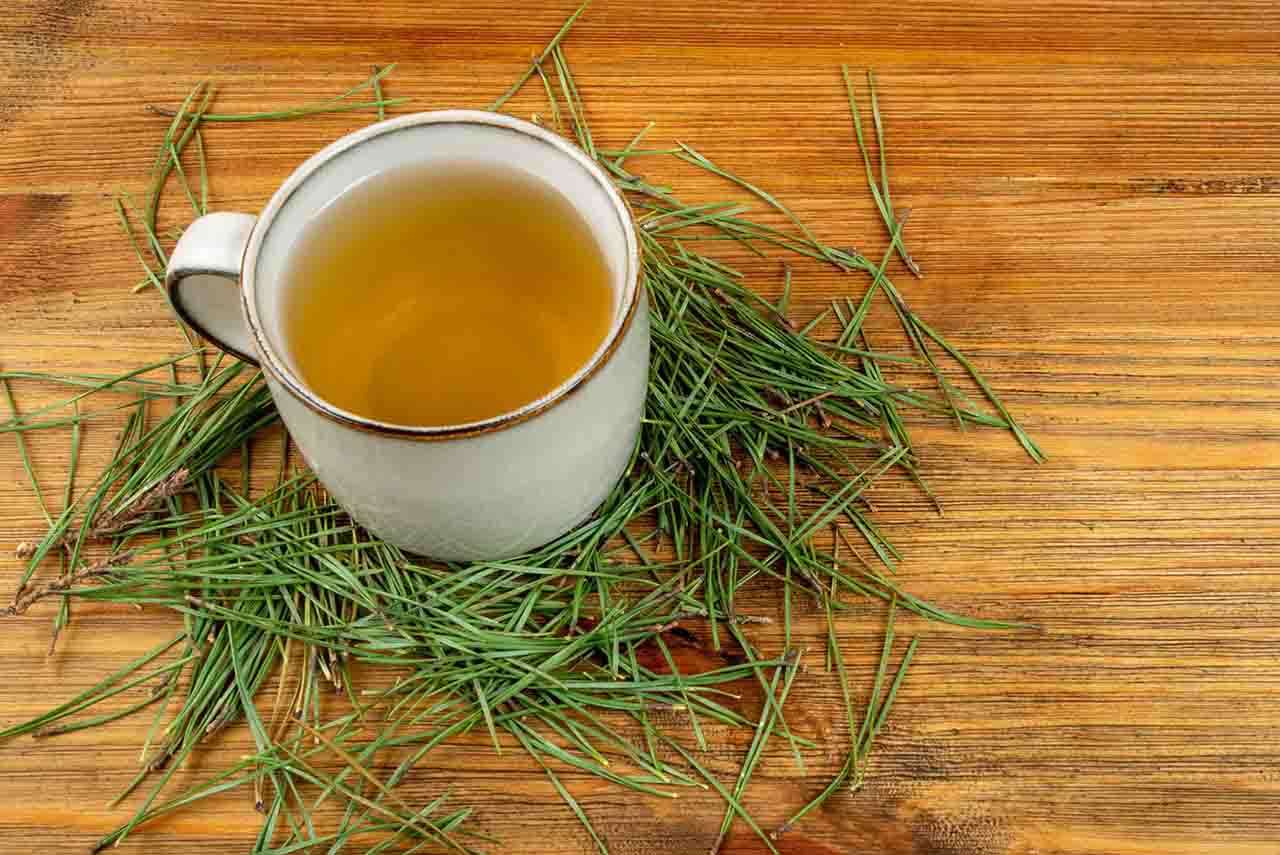
Pine Needle tea has been known for its many health benefits since a long time ago. It even has become increasingly popular over the last few years. However, there are still many common misconceptions about it.
Through this following article, we would provide every facts and information that you need to know about Pine Needle Tea. From benefits to side effects, even how to make it, so please keep reading to discover.
What is Pine Needle Tea?
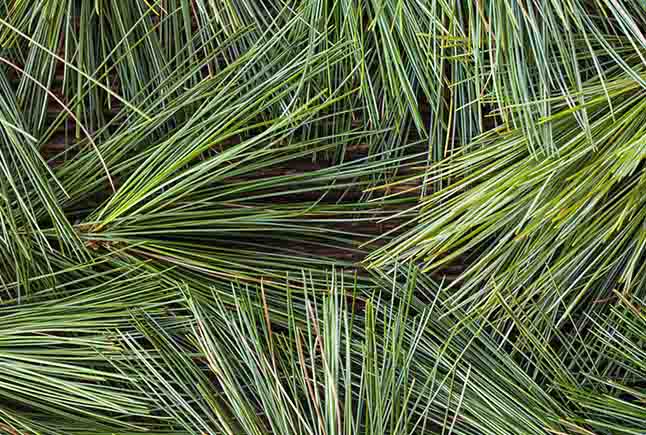
Pine needle tea is a herbal tea made from the leaves of pine trees, or you usually call it pine needle. You can use fresh pine needle or dried pine needle to make it.
Pine trees can be found across the world, from cold to subtropical regions and each country has its own history and folklore attached to pine trees. Because of its benefits, pine needle tea is consumed in the US and many Asian cultures.
In Japan, there are two most important native species of pine needle; Pinus thunbergii (kuro matsu, translated as “Japanese black pine”) and Pinus densiflora (aka matsu, translated as “Japanese red pine”).
Pine needle grow naturally in various areas in Japan and has been popular since ancient times. It can be proven by the pine needle’s appearance in ukiyo-e prints, kimono patterns, and family crests. Beside consuming pine needle by brewing them as tea, people in Japan also use them for bathing.
What Does Pine Needle Tea Taste Like?
Pine needle tea has a pleasant herbaceous taste and refreshing scent. The taste could depend on the variety of pine needle you use. It can have a hint of citrus taste. Some people also said that the taste reminds them of basil or peppermint tea.
Are Pine Needles Safe to Consume?
Most pine needles are safe to make tea. However, there are some varieties contain harmful toxins. There are at least about 20 known toxic varieties of pine trees such as Yew (Taxus), Norfolk Island Pine (Araucana heterophylla), and Ponderosa Pine (Pinus ponderosa). Rather than risk yourself, It is better to buy Pine needle Tea that has been safely produced.
Pine Needle Tea Recommended Products
Pine Needle Tea Nutritional Information

Pine needle have been used as herbal medicine for a long time, and contain rich nutritional components which leads to possible benefits. Pine Needle Tea Nutritional Components include:
Chlorophyll
One of Chlorophyll’s benefits is relieving constipation because it cleans your intestines. It can also help to transport nutrients and oxygen into the body cells.
Quercetin
Quercetin is a type of flavonoid and polyphenol, it is a component that is mainly contained in vegetables such as onions. One of Quercetin’s benefits is improving blood circulation and preventing arteriosclerosis.
Terpene Essential Oil (alpha-pinene)
Terpenes are components that make essential oils have a strong scent. Terpenes are said to promote various health benefits, such as helping you sleep or boosting your energy level. It is also effective for relaxing, refreshing, and relieving fatigue.
Vitamin and Minerals
Pine needle tea is rich in vitamins, especially vitamin A, vitamin C, and vitamin K.
Pine Needle Tea Benefits
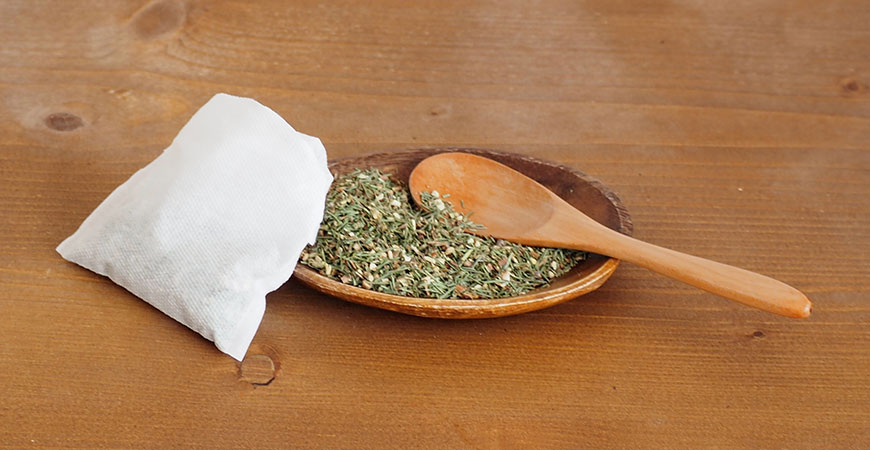
It is said that the medicinal benefit of pine needle has been recognized in China for a long time and the record was found in 500 years old Chinese medicine books. There is also a legend that said hermits ate them as an elixir for longevity. Below you can see pine needle tea benefits, not only to your body but also to your mind.
#1 Rich in Vitamins (Vitamin A, C, and K)

The most well-known reason for pine needle tea’s popularity is its Vitamin C concentration. Vitamin C helps to improve your immune system and is also well-known as an antioxidant. They also contain vitamin A which is good for your eyesight and skin, and Vitamin K which is good to help your body to make various proteins that are needed for blood clotting and the building of bones.
#2 The Power of Antioxidants

Pine needle tea could be a very rich source of antioxidants which may be essential for fighting free radicals, cancer, chronic conditions, and preventing diseases.
A published research demonstrate that pine needle exhibit strong antioxidant, antimutagenic, and antiproliferative effects on cancer cells and also antitumor effects in vivo and point to their potential usefulness in cancer prevention
Reference:
Antioxidant, antimutagenic, and antitumor effects of pine needles (Pinus densiflora)
#3 Antiviral Properties

Pinene, which is one of the components in pine needle tea, inhibits the growth of microorganisms. Terpinene, camphene and limonene are antiviral. It is said in a scientific paper that Beta-pinenene and limonene (pinene variety) can help to reduce viral infectivity significantly by 100%.
#4 Keep Your Heart and Respiratory Healthy

Pine needle tea is said to be good for your heart since it may improve your cardiovascular health. It might also have strong anti-inflammatory properties which can help in minimizing any damage on your heart or respiratory due to pollutants or any other factors.
A study results demonstrate that the ethyl acetate extract of pine needle (EAE-PN) may provide potential protective effects against low-density lipoprotein (LDL) oxidation and attenuating excessive nitric oxide generation at inflammatory sites; consequently, this may contribute to anti-atherosclerotic and anti-inflammatory effects of EAE-PN.
#5 Weight Management

Pine needle Tea calories are minimal, which is excellent news for those looking to cut down their intake. The average serving will contain no more than two calories.
It is also said that pine needle tea can boost the metabolism of fat cells. Metabolism is a process where the body converts fuel such as fat and muscle into energy. Pine needle Tea consumption could lead to your body burning fat quicker and more efficiently.
But remember that drinking it for weight loss only works when you’re burning more calories than you consume through your diet and physical activity.
#6 Essential Oils to Improve Body Circulation System, Relieving Fatigue and Relaxing
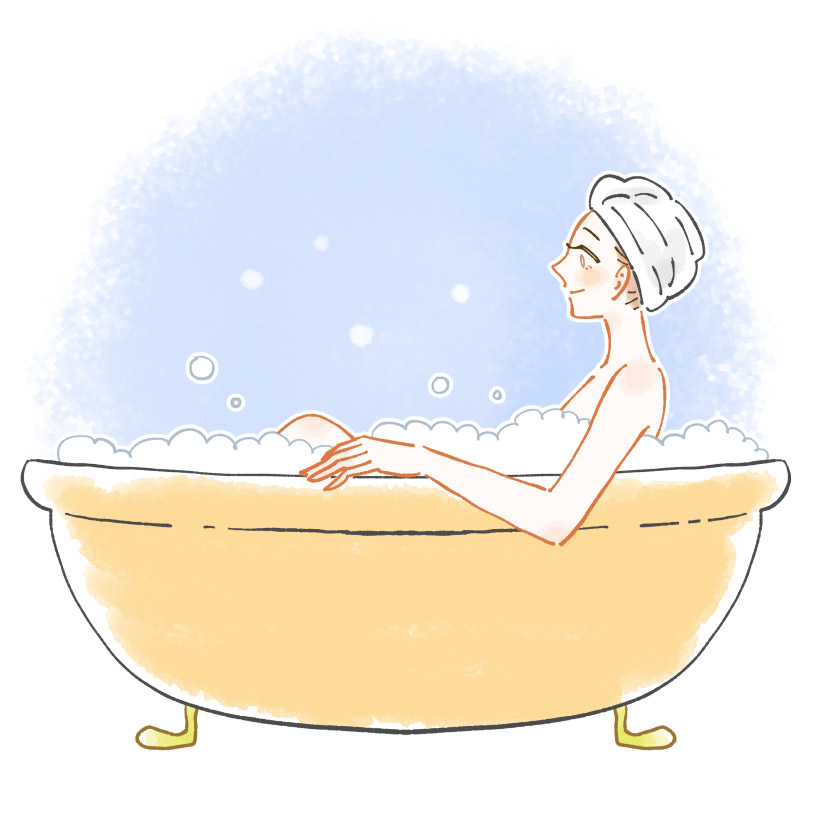
Terpenes which is an essential oil component in pine needle tea are said to help you to have a better sleep or boosting your energy level. It is also effective for relaxing, refreshing, and relieving fatigue. One of the way to feel this benefits is using pine needle tea as a bath tea.
How to Make Pine Needle Tea
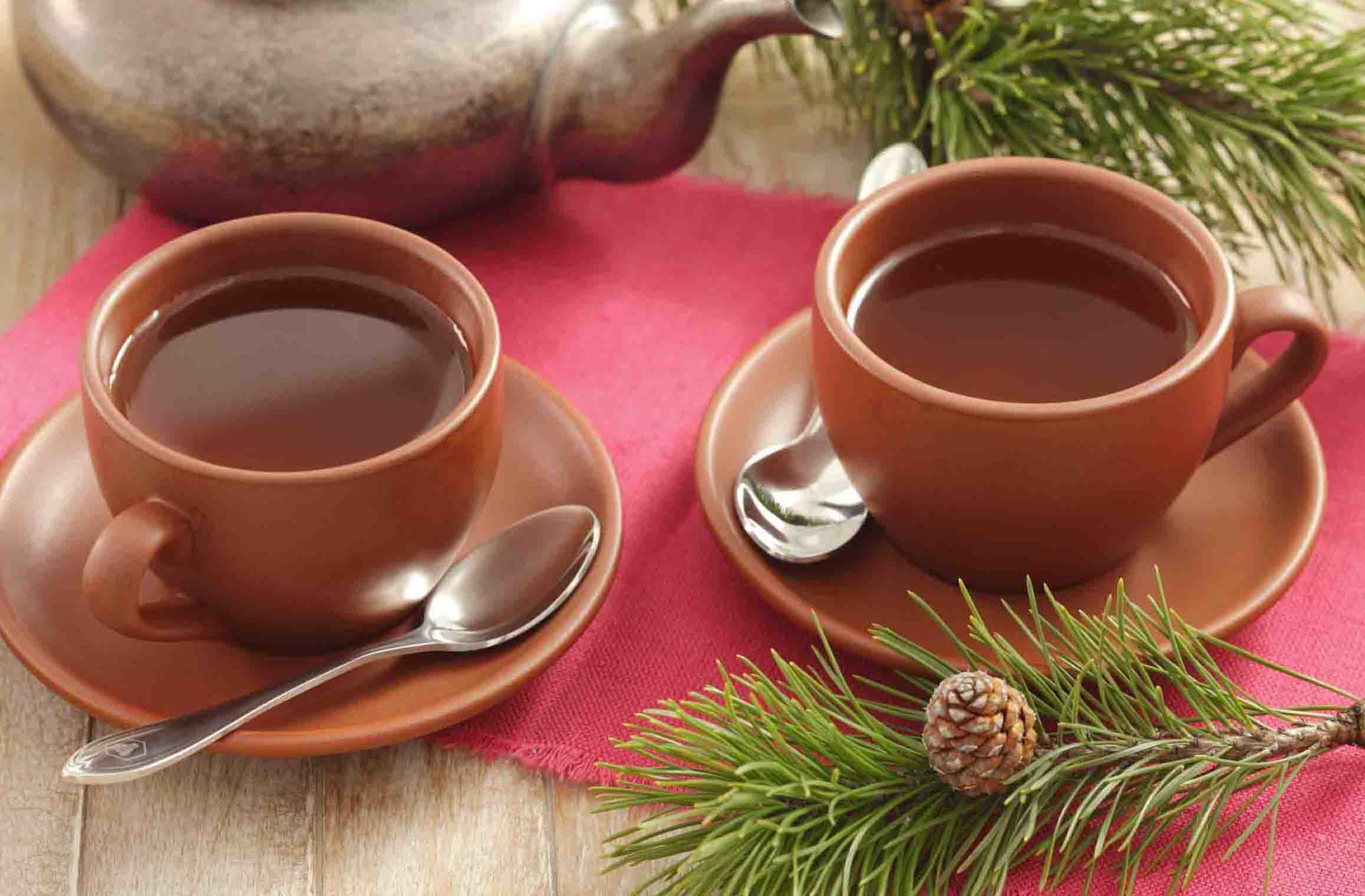
There are two ways to brew pine needle tea: brewing in a pot or kettle and brewing in a kyūsu or Japanese traditional teapot.
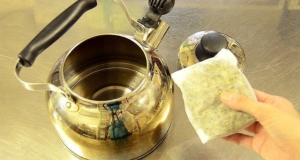
How to Make Pine Needle Tea with Pot or Kettle
Ingredients
- 10 gram Dried Pine Needle about 2.5 tablespoons
- 1 L Water
Instructions
- Put 10gr of pine needle tea and about 1 liter of water in a pot and let it heat to a boil.
- When the water boils, simmer over low heat for about 10 minutes.
- Turn off the heat and strain the leaves with a tea strainer.
- The pine needle tea is ready. You can adjust the boiling time to your liking.
Notes
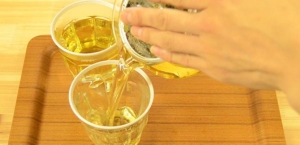
How to Make Pine Needle Tea with Tea Pot (Kyūsu)
Ingredients
- 15 gram Dried Pine Needle about 3 tablespoons
- 1 L water
Instructions
- Put about 15gr of dried pine needle in a kyūsu and pour boiling water.
- Leave it for 3 to 4 minutes. You can adjust the time, and enjoy the tea once the taste is to your liking.

